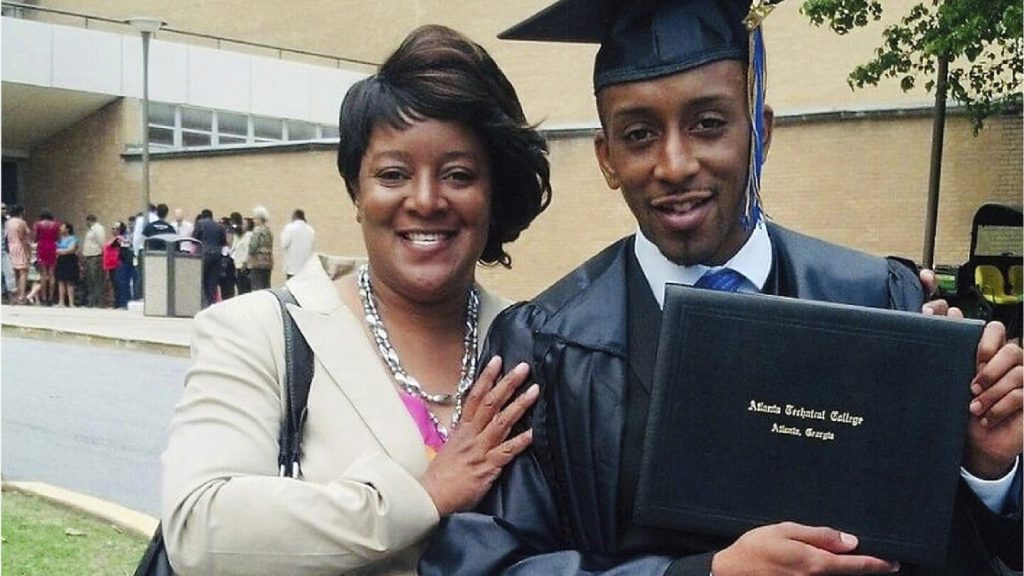After Caban’s announcement, a former New York City police officer and captain of the NYPD noted that the decisions made were a disgrace, further infuriating the family of Trawick. Trawick, who called 911 due to having mental health issues, was met with officers who pushed open his door, finding him shirtless and holding a knife. Trawick questioned their presence, and as he moved towards the officers, Officer Thompson fired his Taser and then shot him four times with his handgun. This incident, from the officers’ arrival to the fatal shooting, lasted less than two minutes. The Bronx district attorney chose not to charge the officers, and an internal investigation by the NYPD found no wrongdoing by the officers. The civilian agency in charge of NYPD oversight did bring administrative charges against the officers, stating that they should have de-escalated the situation and provided aid more quickly after the shooting.
The administrative judge overseeing the case found that the review board took too long to bring the misconduct charges, which they attributed to delays in evidence provided by the NYPD. The judge’s decision to not impose penalties on the officers was only a recommendation for Caban, who has the final authority over disciplinary decisions. Caban argued that the review board brought their charges after the statute of limitations and pointed out a new policy adopted by the department requiring them to provide body camera footage promptly. New York City Council Speaker Adrienne Adams criticized the NYPD for the delays and described the disciplinary process as disturbing. She highlighted the Trawick family’s struggle for acknowledgment and accountability in the face of what they perceived as obstruction by the police department.
Overall, the Trawick family and many New Yorkers were left feeling unsatisfied with the lack of accountability from the city’s police department. The decision not to discipline the officers involved in Trawick’s shooting five years ago raised concerns about transparency and justice within the NYPD. The incident had sparked outrage in New York City and led to years of frustration over what was perceived as a slow and inadequate investigation into Trawick’s death. The failure to hold the officers accountable for their actions further strained the relationship between law enforcement and communities, particularly communities of color, who have long been pushing for police reform and greater accountability in cases of police brutality.
The Trawick case highlighted the challenges faced by individuals with mental health issues when encountering law enforcement and the need for better training and protocols to de-escalate such situations. The lack of discipline for the officers involved also raised questions about the effectiveness of oversight mechanisms within the NYPD and the ability of civilian agencies to hold law enforcement accountable. The Trawick family’s continued fight for justice and accountability underscored the broader calls for police reform and the need for systemic changes to address issues of racial bias and excessive use of force within law enforcement agencies. As the community grappled with the decision, the impact of Trawick’s death served as a reminder of the ongoing need for transparency, accountability, and justice in cases of police violence.


